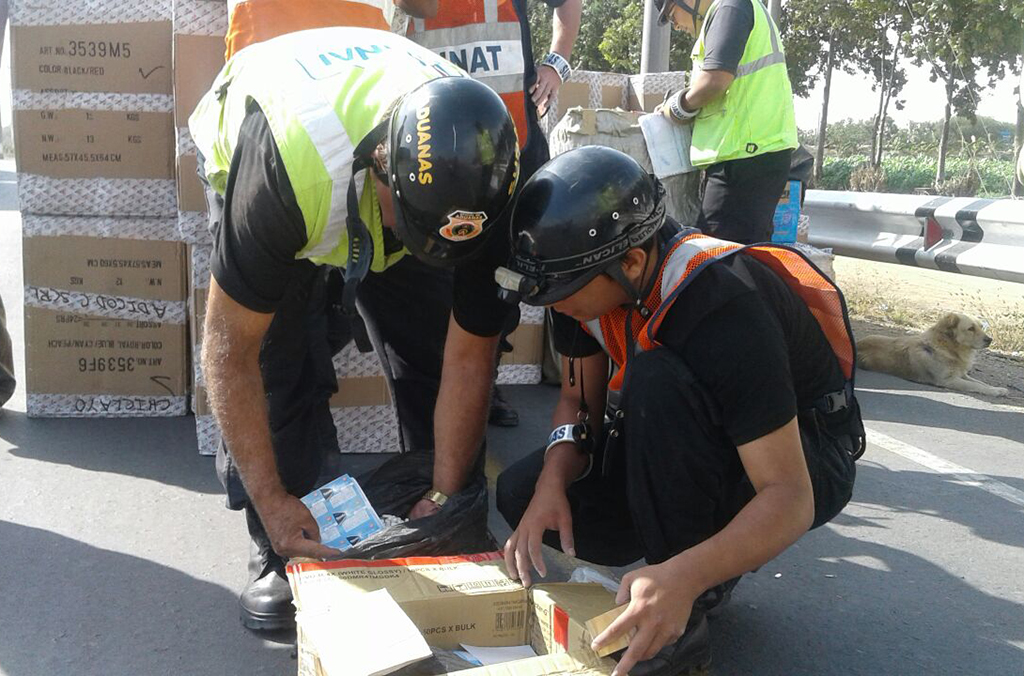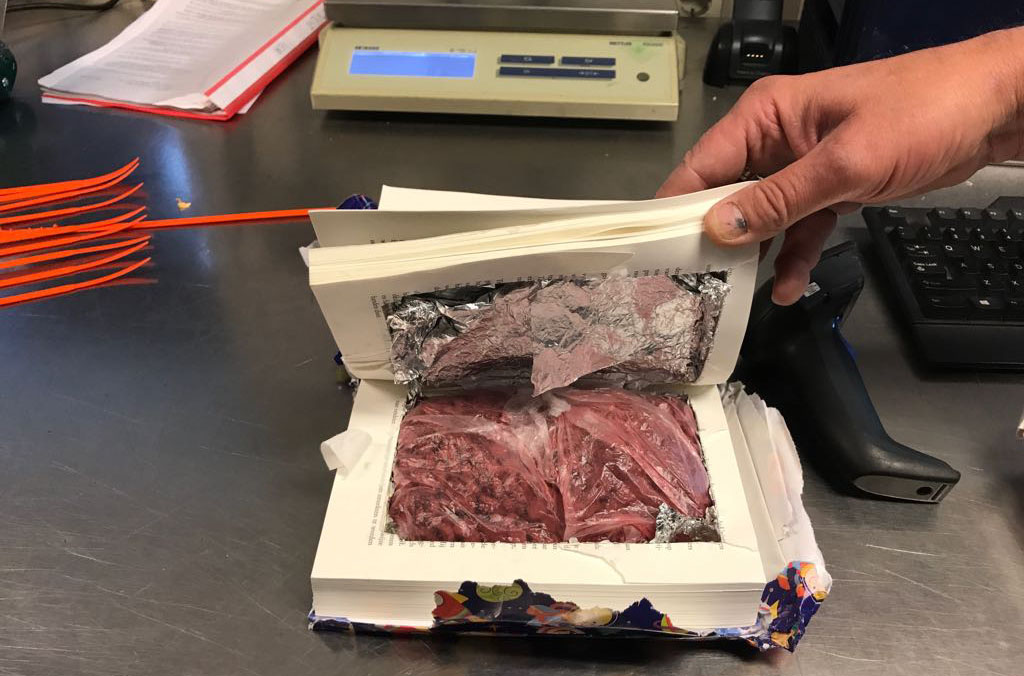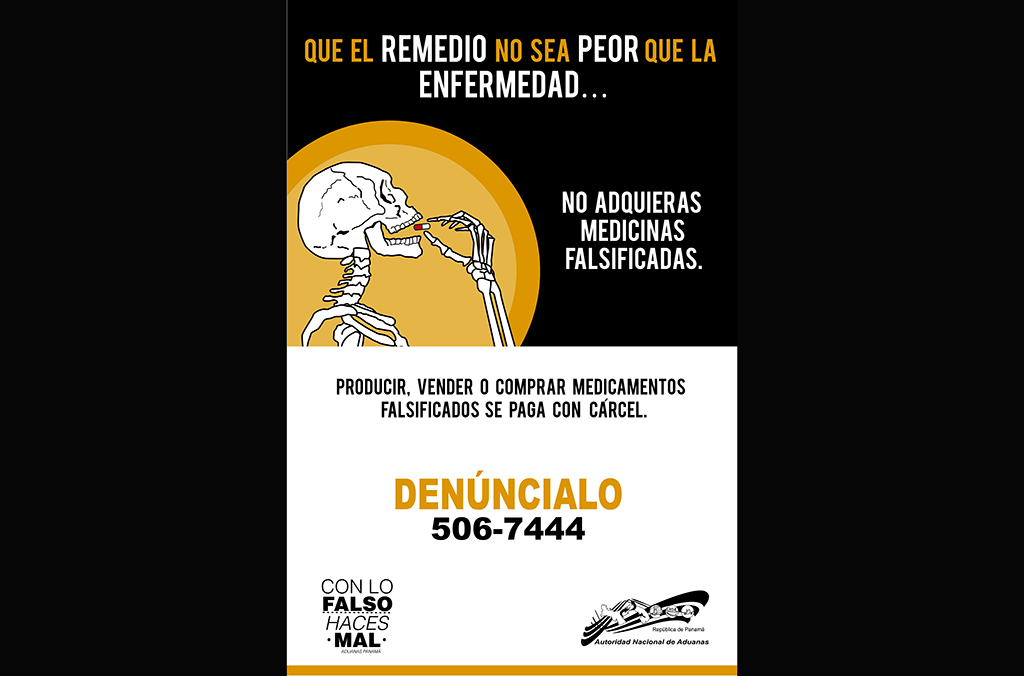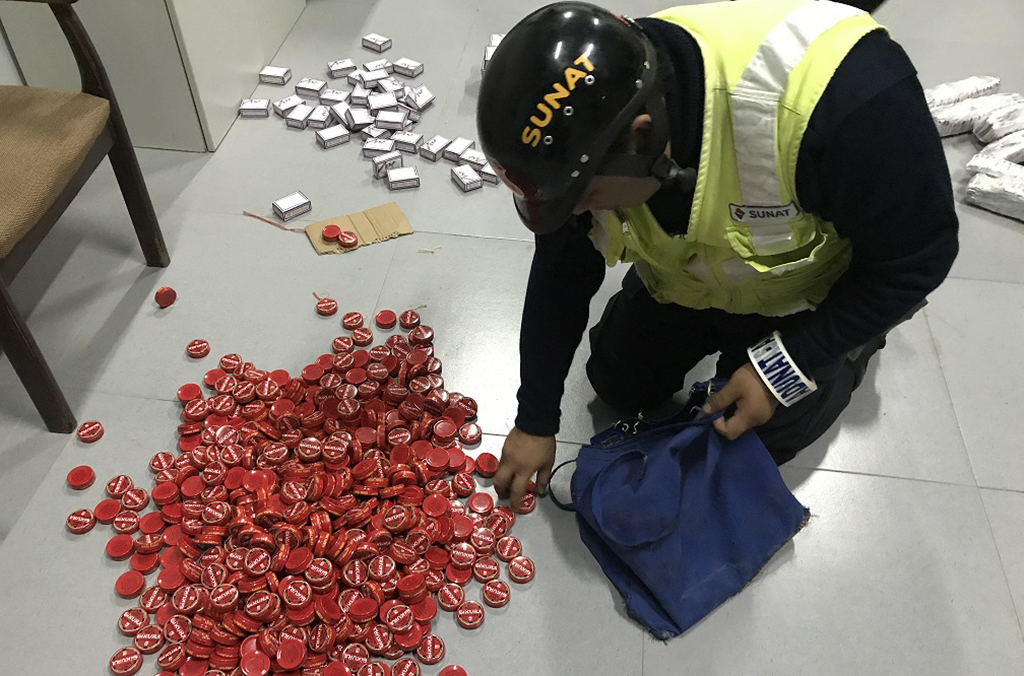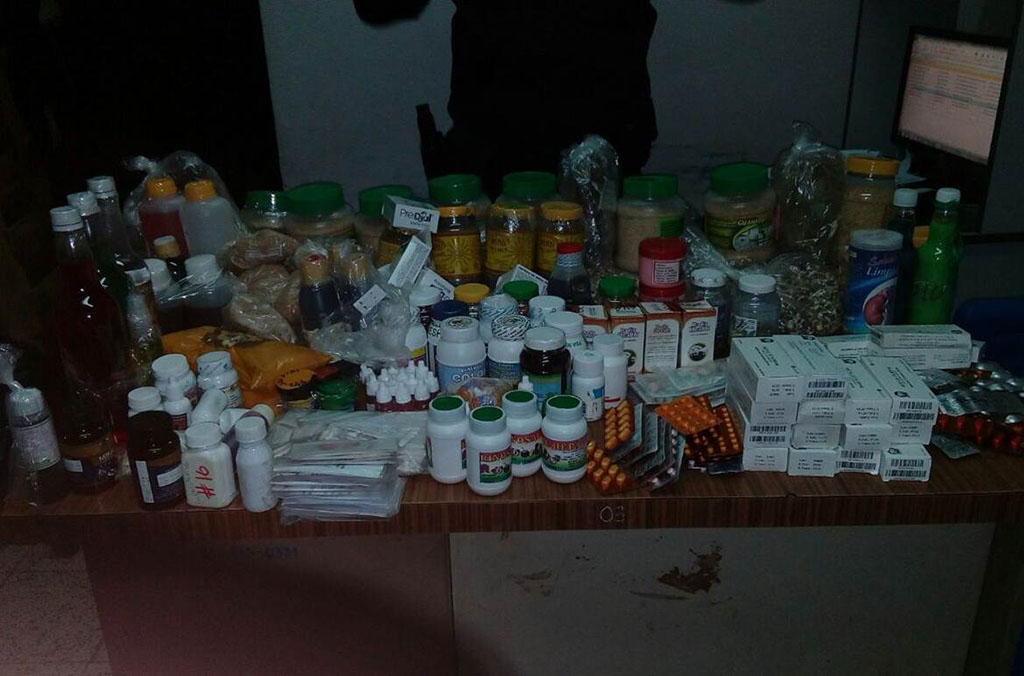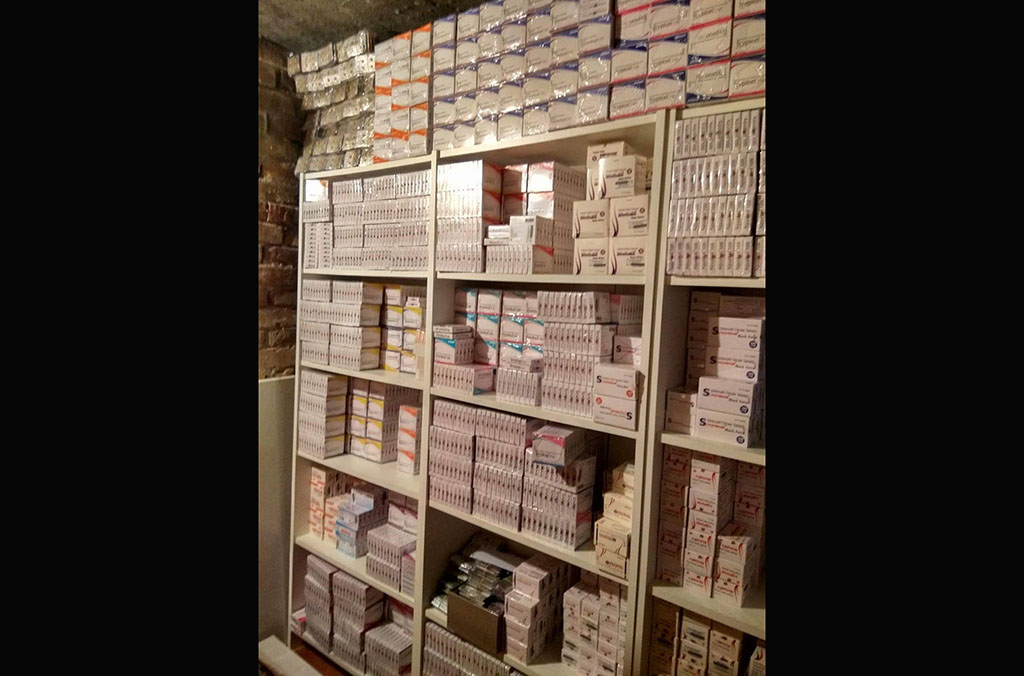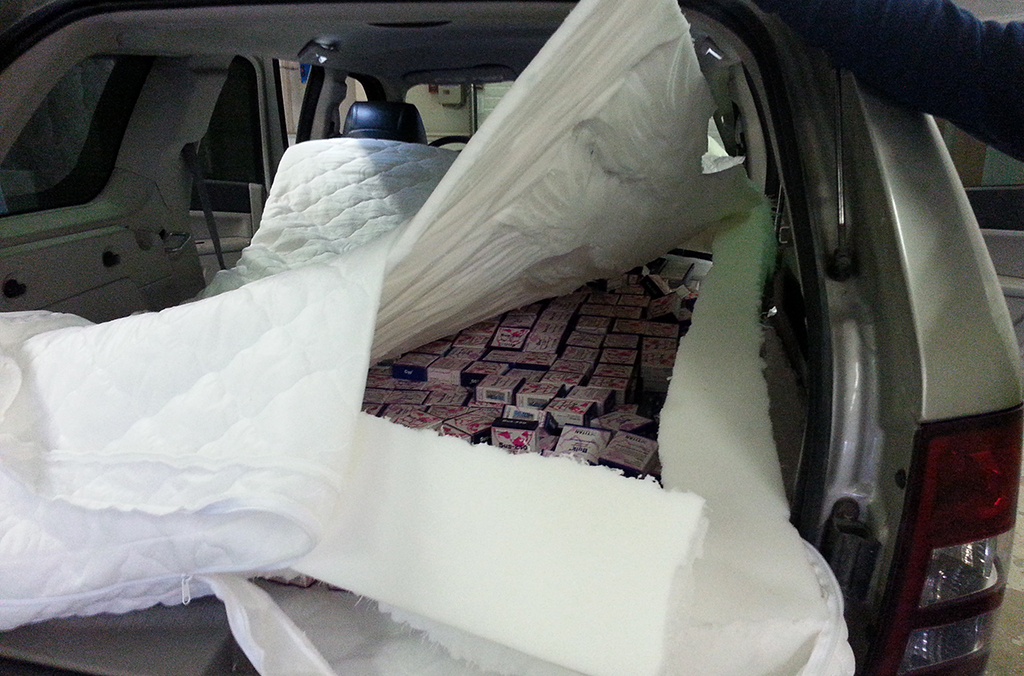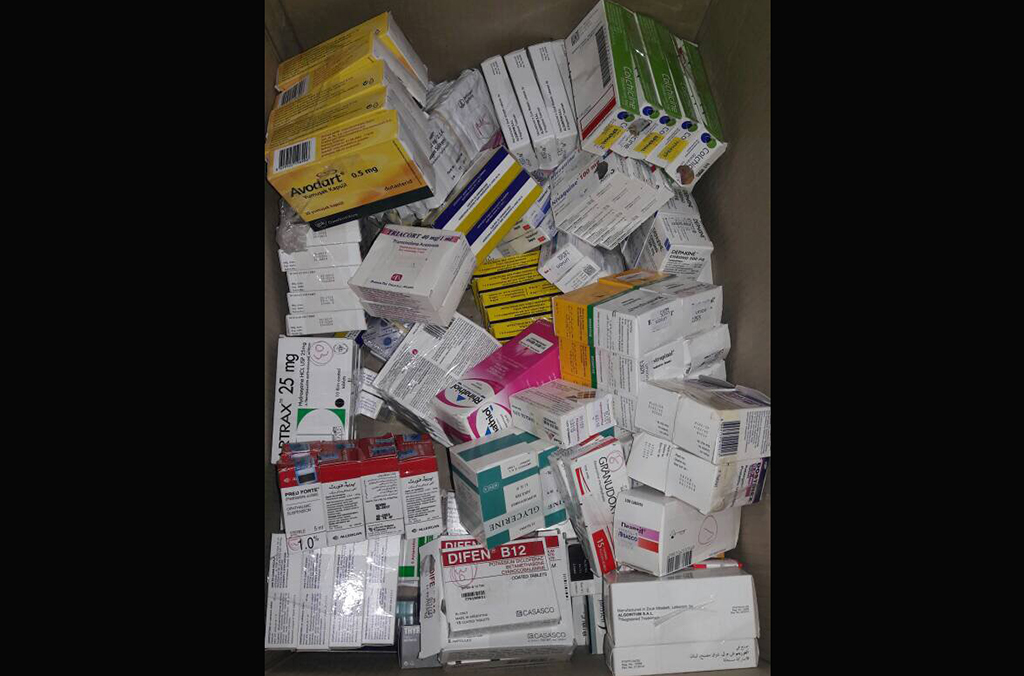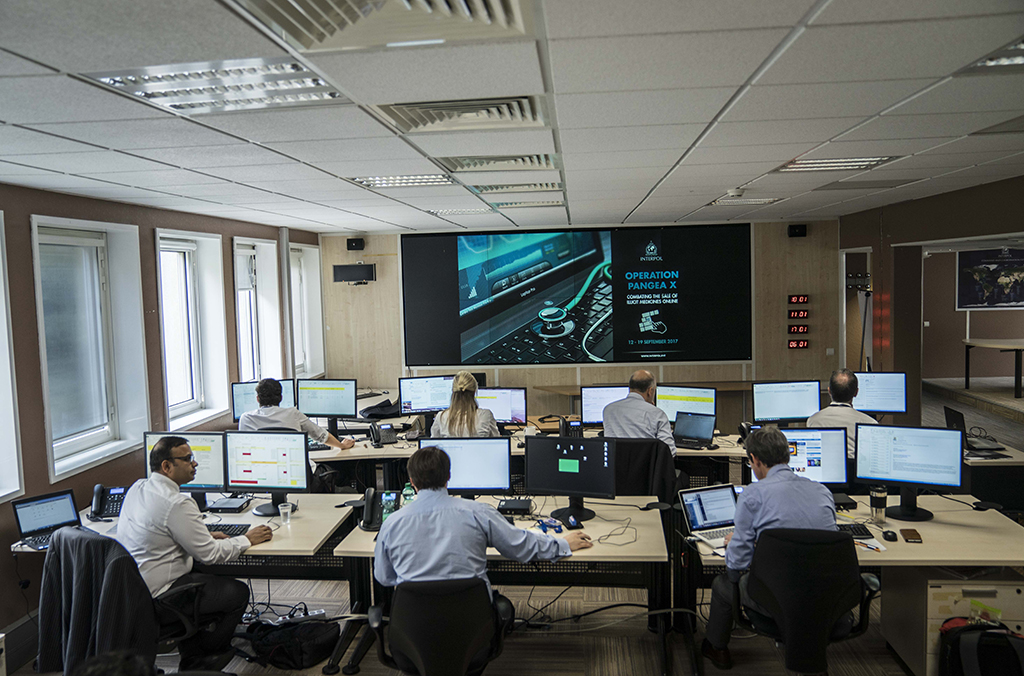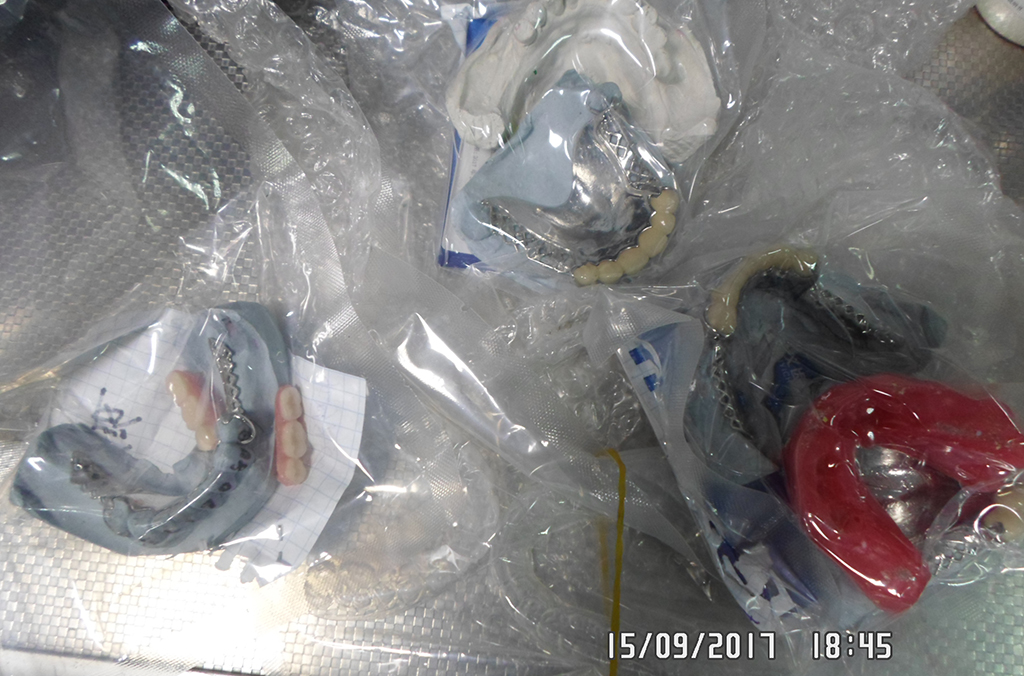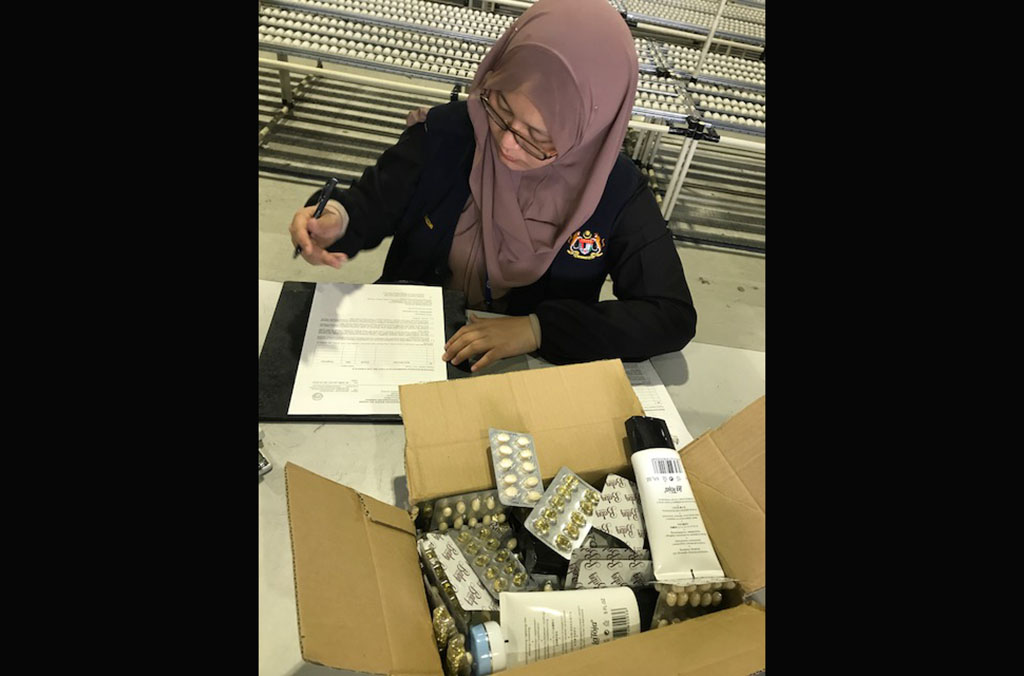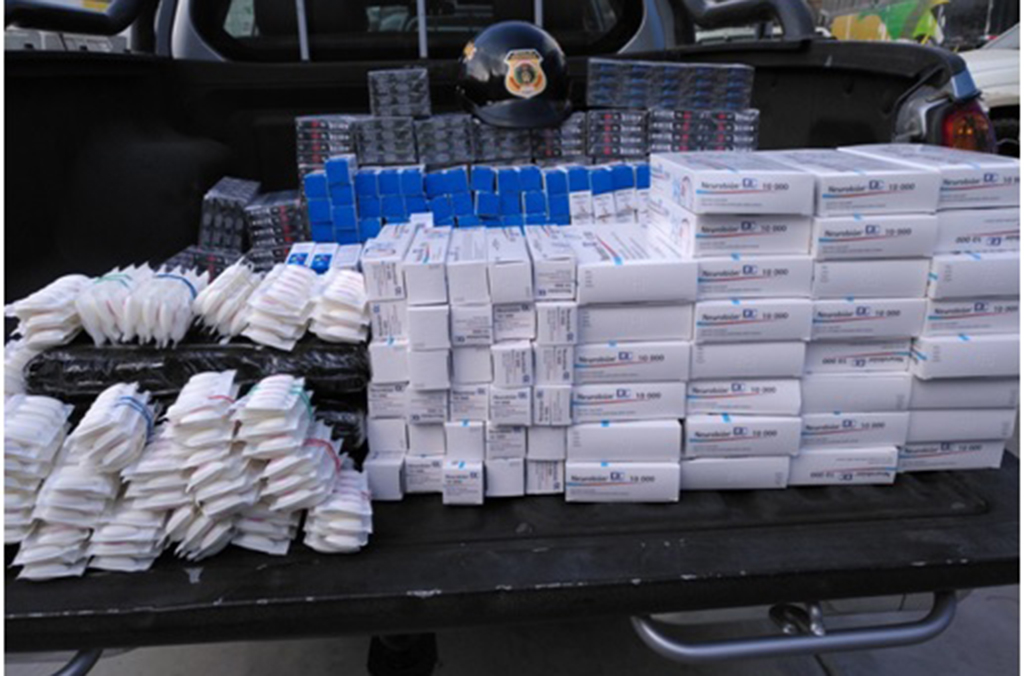LYON, France – In the largest action of its kind, INTERPOL’s Operation Pangea X targeting the illicit online sale of medicines and medical devices saw some 400 arrests worldwide and the seizure of more than USD 51 million worth of potentially dangerous medicines.
Involving 197 police, customs and health regulatory authorities from a record 123 countries, Operation Pangea X led to a record number of 25 million illicit and counterfeit medicines seized worldwide.
The action resulted in the launch of 1,058 investigations, 3,584 websites taken offline and the suspension of more than 3,000 online adverts for illicit pharmaceuticals.
Among the fake and illicit medicines seized during the international week of action (12 – 19 September) were dietary supplements, pain reduction pills, epilepsy medication, erectile dysfunction pills, anti-psychotic medication and nutritional products.
In addition to medicines, Operation Pangea X also focused on the sale of illicit medical devices, such as dental devices and implants, condoms, syringes, medical testing strips and surgical equipment. Illicit devices worth an estimated USD 500,000 were recovered.
Counterfeit contact lenses were discovered for sale in Jordan following complaints from customers, and authorities warned the fake lenses could cause serious eye damage.
As well as raids at addresses linked to the illicit pharmaceutical websites, some 715,000 packages were inspected and 470,000 seized by customs and regulatory authorities.
In the country’s first year participating in Operation Pangea, authorities in the Democratic Republic of Congo confiscated nearly 650 kg of illicit anti-malaria pills.
This year’s operation also saw the highest participation of African countries, many taking part for the first time, underscoring the truly global nature of the illicit online pharmaceutical trade.
“The sale of fake or counterfeit pharmaceuticals is a growing concern across Africa, as it creates a dangerous situation for the health of unsuspecting consumers who trust that the products they purchase are safe to use. Global actions such as Operation Pangea X are critical to cutting off the supply of dangerous medicines and apprehending the criminals behind this deadly trade,” said Immanuel Sam, Head of the INTERPOL National Central Bureau in Namibia.
This year, the operation also targeted the illicit trade in opioid painkillers, in particular the drug Fentanyl. A powerful narcotic, in the last few years the distribution of illicitly manufactured Fentanyl has been linked to thousands of overdoses and deaths worldwide.
Seizures of Fentanyl purchased from illicit online pharmacies occurred in several countries. Highlighting the scope of the demand for illicit Fentanyl, numerous websites exclusively selling the drug were closed down including one called ‘Where to buy Fentanyl without a prescription’.
Starting with just eight countries in 2008, Operation Pangea has grown exponentially during the past 10 years, with police, customs and drug regulatory authorities from 123 countries taking part in 2017.
In addition to interventions on the ground, including the seizure of 1.2 tonnes of erectile dysfunction pills in Vietnam, the operation also targeted the main areas exploited by organized crime in the illegal online medicine trade: rogue domain name registrars, electronic payment systems and delivery services. Social media sites illegally advertising or selling illicit medicines were also shut down.
The main trend identified during the decade of Pangea operations is the continuous growth of unauthorized and unregulated online pharmacies, which capitalize on increasing consumer demand worldwide to advertise and sell illicit or counterfeit medicines.
“With more and more people purchasing everyday items including medicines online, criminals are exploiting this trend to make a profit, putting lives at risk in the process,” said INTERPOL’s Executive Director of Police Services, Tim Morris.
“The fact that we still see such strong outcomes after 10 years of Pangea operations demonstrates how the online sale of illicit medicines is an ongoing, and ever increasing, challenge for law enforcement and regulatory authorities,” concluded Mr Morris.
Investigations launched during previous Pangea actions continue to see positive results. Eleven people recently received sentences ranging from a few months to six years following a UK investigation opened in 2010 into a criminal network importing and selling counterfeit erectile dysfunction pills across Europe. Through these illicit sales, the network generated more than USD 10 million in criminal proceeds.
A dedicated operations centre at INTERPOL’s General Secretariat headquarters in Lyon served as the central hub for information exchange among the participating countries and agencies. From this base, the World Customs Organization (WCO) coordinated activities between participating customs administrations and the Pangea team via its secure messaging system, and a mobile Europol office in Budapest, Hungary also conducted cross-checks.
Viggo Elster, Manager for the WCO’s IPR, Health and Safety Programme, said: “The WCO thanks all the participating customs administrations around the globe for their support, efforts and contribution during the 10th Operation Pangea, leading to the seizure of 25 million potentially dangerous medicines and medical devices. The Pangea operation is of high importance to the WCO, particularly for the opportunity it gives for customs, police and other law enforcement authorities to strengthen their cooperation.”
In addition to disrupting the criminal networks involved in the sale of illicit and counterfeit medicines, Operation Pangea X also aimed to raise public awareness of the potential dangers associated with buying pharmaceuticals online.





